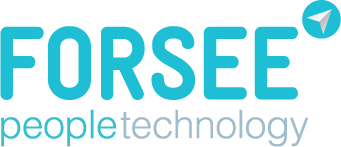Have you wondered what the differences are between personality tests vs. career aptitude tests? There are more than you think so let’s examine the differences so you can make the right career choice for yourself.
First of all, let’s discount the “entertainment” short quizzes you find on sites like Buzzfeed or Facebook which say you’re either going to be an astronaut or a rockstar. We’re talking about real testing that has psychometric validity. Tests that have been researched and reviewed to ensure they have a basis in science and psychological theory. They aim to be able to predict the future job performance of an individual.
Career Focus
Career aptitude tests give career focussed results while Personality tests are much more general in nature. The questions on personality tests are more generalised, shorter in length (averaging 10-20 questions) and do not go in depth enough to accurately assess a suitable career path that you would find most fulfilling. Career aptitude tests will generally use more questions (100 – 175 questions). The best use ranking algorithms which are the equivalent of 2,701 multiple choice questions.
Sometimes humans cheat
Humans tend to want to cheat the system. Personality tests are fairly easily skewed by the testers’ propensity to “cheat” the system. The candidate may choose their answer based on what they perceive the hiring manager wants to hear. Career aptitude tests are so greatly beneficial for career path assessment because of how the tests are designed. Questions are repeated with different phrasing to ensure a more accurate result and reduced likelihood of self reporting errors. The nuances the career aptitude tests identify give a far more precise assessment. Cheating the “system” during a personality test to get a job only backfires. Once in the door and you find you really dislike the work, working conditions and job tasks, it is a waste of time for both employer and employee. Career aptitude tests are critical for this reason. The best versions only use positive statements making it very difficult to fake or guess.
Work Performance
Career aptitude tests have a strong positive correlation with work performance. Unfortunately personality tests have little to no correlation to work performance. This is because Career Aptitude tests are specifically assessing work related traits whereas a personality test is much more general in approach. You will achieve a far more accurate performance prediction from career aptitude tests?
Cross Cultural
Personality tests do not work across cultures. The differences in norms in the workplace around the world and in different cultures are small and career aptitude tests work well to identify suitability more definitively in this area.
Success & Enjoyment
You are 3x more likely to be successful in a job where you enjoy at least 75% of the main tasks involved.
Personality tests cannot assess workplace task preferences. Use career aptitude tests to find work that will make you happier and more successful.
Reduce interviewer bias
Personality bias is less of an issue when career aptitude tests are employed prior to a job interview. Interviewers tend to favour candidates whose personality traits mirror their own. The main question being answered in interviews is “do I like you?”. Unfortunately this does not assess your actual suitability for the job you’re being interviewed for. Career aptitude tests can be used to identify and set job criteria as well as the qualities you must possesses to do the job effectively within an organisation. When an interviewer has your career aptitude tests results you’re in a much stronger position to secure the job compared to basing it on personality alone.
When you’re trying to identify a career path, which university course to choose or pondering a change of career, make sure you use a Career Aptitude based assessment to help you make better decisions.
Forsee uses an advanced career aptitude test to help you look into your future to identify the career paths that are most suitable for you. Click here to trial it now for free.

